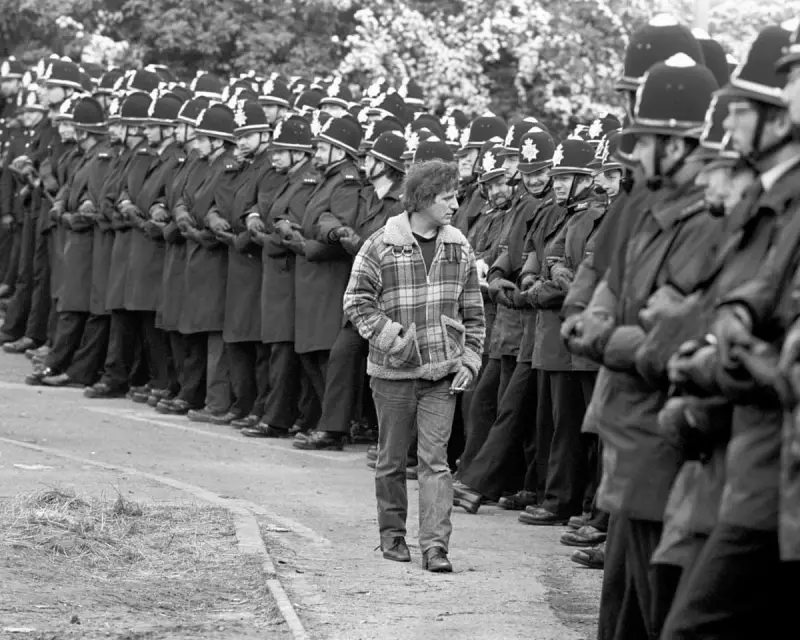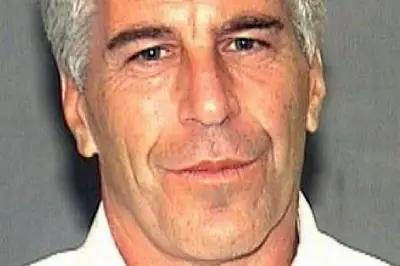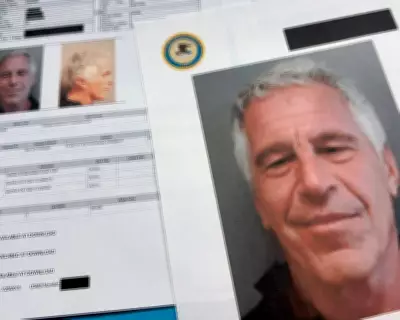
For decades, the events at Orgreave during the 1984 miners' strike have remained a dark stain on British policing. Now, as pressure mounts for a full public inquiry, the actions of South Yorkshire Police are finally under the microscope.
A Legacy of Controversy
The violent confrontation between police and picketing miners at Orgreave coking plant near Rotherham marked one of the most contentious moments in UK industrial history. Mounted officers charged crowds, batons were swung, and 95 miners were arrested - only for their cases to collapse amid allegations of police misconduct.
Pattern of Behaviour?
Critics argue Orgreave wasn't an isolated incident but part of a disturbing pattern in South Yorkshire Police's approach to public order. The force would later face similar accusations over its handling of the Hillsborough disaster.
The key questions that remain unanswered:
- Were officers instructed to use excessive force?
- Was evidence manipulated to justify arrests?
- Why has accountability taken nearly 40 years?
Growing Calls for Justice
Campaigners, including former miners and their families, have fought tirelessly for transparency. 'We've waited too long for the truth,' says one campaign organiser. 'The police must answer for what happened that day.'
The Home Office has resisted calls for an inquiry for years, but political winds may be shifting. With renewed parliamentary pressure and fresh evidence coming to light, the government's position appears increasingly untenable.
What an Inquiry Could Reveal
A proper investigation could:
- Establish whether there was coordinated police violence
- Examine potential political interference in policing
- Provide closure for affected communities
- Inform modern policing approaches to industrial disputes
As one Labour MP put it: 'Justice delayed is justice denied. The people of South Yorkshire deserve answers.'





